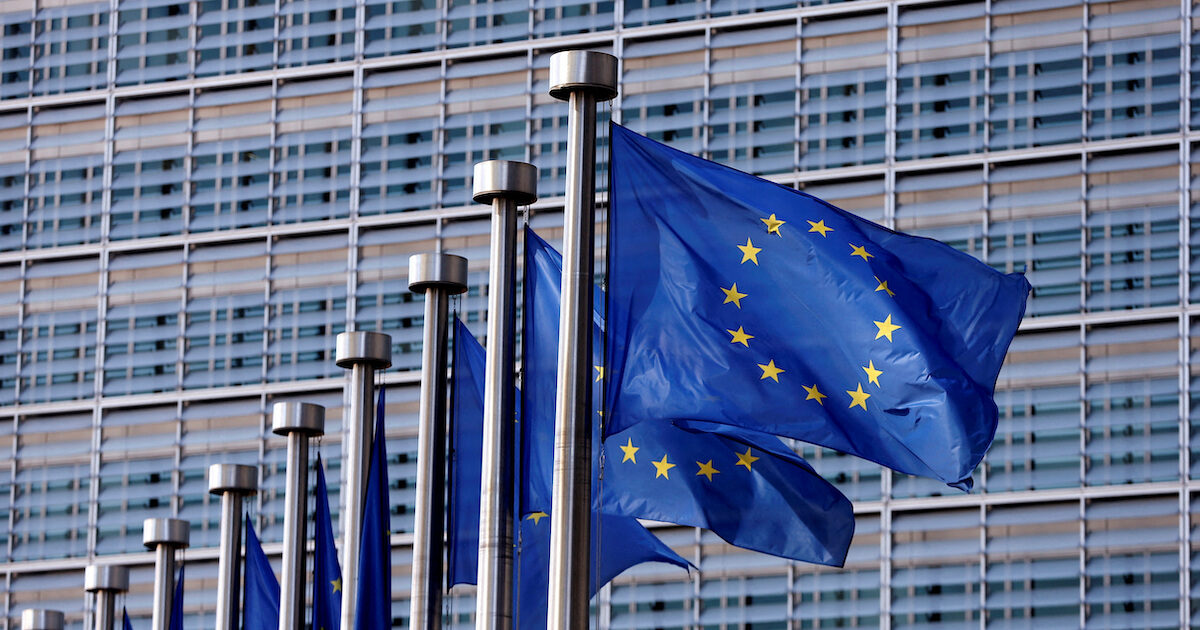OR European Commission approved, for the first time, a list of 47 strategies project To strengthen the domestic strategic productive potential of raw materials, which in turn will boost the European raw material chain and differentiate supply sources, according to the Commission’s announcement.
The new strategic projects are an important milestone for the implementation of the critical raw materials (CRMA), which aims to ensure that European mining, processing and recycling of raw materials will cover 10%, 40% and 25% of EU demand by 2030, respectively.
Helping Europe achieve these goals, the new strategic projects contribute significantly to Europe’s green and digital transition, while supporting the European Defense Industry and the aerospace industries.
The 47 new strategic projects are found in 13 EU Member States: Greece, Sweden, Finland, Portugal, Poland and Romania. They cover one or more parts of the raw material value chain, with 25 projects that include mining activities, 24 processing, 10 recycling and 2 raw material replacement. Strategic projects cover 14 of the 17 strategic raw materials listed on the critical raw materials law.
This includes several works covering lithium (22 works), Nickel (12 works), cobalt (10 works), Manganese (7 works) and graphite (11 works), which will particularly benefit the value of the Raw Materials of the EU. for lithium and cobalt, and will make significant progress for graphite, nickel and manganese.
In addition, other strategic projects related to magnesium (1 project) and tungsten (3 projects) will contribute to the durability of the EU’s defense industry, which is based on the use of these materials.
These projects have been selected because they contribute to the secure supply of the EU with strategic raw materials, adhere to environmental, social and management criteria and are technically feasible. In addition, selected projects have also shown clear cross -border benefits for the EU.
Benefits for Selected Projects
To put into operation, the 47 strategic projects are expected to have a total capital investment of € 22.5 billion. These projects will be able to benefit from the coordinated support of the Commission, the Member States and the Financial Institutions to become operational, in particular in terms of access to funding and support for linking with relevant carriers.
They will also benefit from rationalized licensing provisions to ensure predictability for project implementation bodies, while ensuring environmental, social and governance standards. According to CRMA, the licensing process will not exceed 27 months for mining projects and 15 months for other projects. Currently, licensing procedures may last from five to 10 years.
